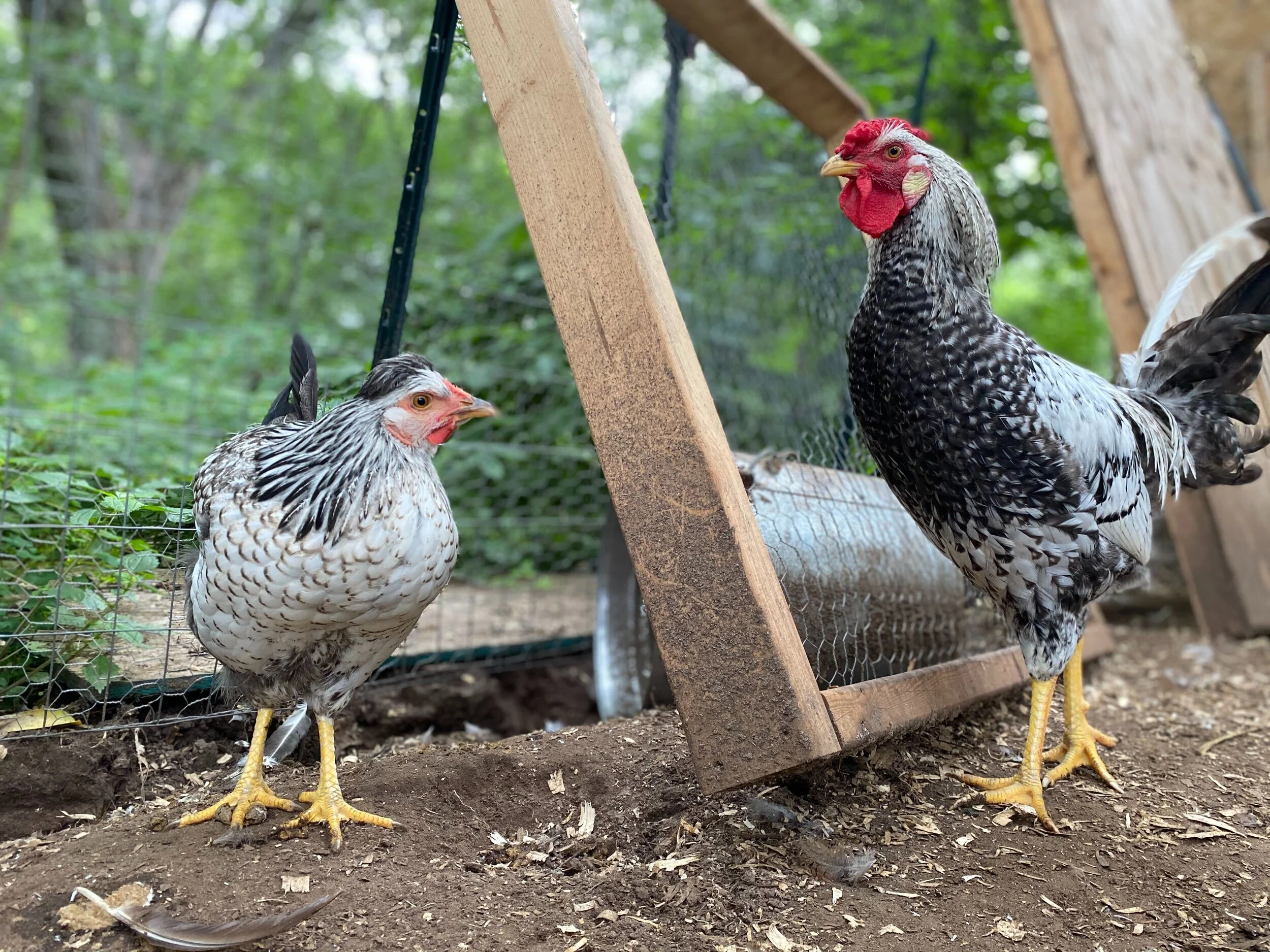If you support your local farmers, here’s why you should support Strong Towns.
This month at Strong Towns, we’ve been asking the hard questions about the importance of building strong local food systems if we want to build strong places. But let’s flip the script for a moment—what if you’re brand new to terms like “antifragile development” and haven’t the faintest idea what a stroad is, but you know for sure that you love your local farmer’s market?
Here are five questions a locavore who’s just stumbled across our organization might have about their core values’ place in the Strong Towns conversation, and why, if we want to have strong food systems, we should all consider what it takes to make the cities, towns, and communities they’re a part of stronger, too.
1. What is the Strong Towns approach?
Strong Towns was born when our President, Chuck Marohn, realized that many of America’s cities and towns were going broke—even though they were building more and more stuff. And even though it seemed like the places we loved were “growing” on paper, real people and the services they depended on were paying the price. He set out to explore this paradox, and to share another model of development: one that’s driven by the powerful, small actions of average citizens, that’s obsessed with making sure we can afford to maintain what we build, and that’s truly designed to last.
2. Why does Strong Towns care about local food systems?
Strong Towns recognizes that if the economic health of a city is failing, real people will be the ones who suffer—and there’s no better indication that a town needs help than if they’re dependent on imports to meet their most basic needs. If your community can grow, ranch, hunt, and process enough food to feed everyone in it, that’s a good sign that you’re doing the hard work of looking at all your resources—agricultural, financial, and otherwise— and taking the next small step to make sure you’re as strong as you can be.
A traffic calming workshop at the 2017 Strong Towns Summit in Tulsa, OK (Source: Rachel Quednau)
3. Why should supporters of strong local food systems join the conversation about how we build our cities and towns?
Perhaps you buy local food because you value keeping your money in your town rather than shipping it off to a distant corporation; because you want to create community by getting to know your local suppliers; or because you want your town to grow conscientiously rather than constantly laying down concrete no matter the cost.
Strong Towns is dedicated to promoting the only modern model of development that applies those values to everything about the way we build our world, from narrowing streets that keep walkers and bikers safe (while also making our budgets solvent), to revolutionizing the way we talk about affordable housing so we can actually house more citizens. And we do it through the language of common-sense economics—something that allows citizens on all sides of the political spectrum to come together and have rare, productive conversations about the things they care about most.
4. What does Strong Towns do?
We recognize that building better towns won’t be easy. That’s why Strong Towns is a media organization and a nonprofit dedicated to providing you with daily multimedia content that digs deep on what it will take to make your unique place strong, gives you the resources to get out there and make it happen, and connects you with a community of people who are working to build strong towns across the continent.
5. How can I learn more?
Jump right in. Explore the Strong Towns approach through articles, podcasts, videos, and more. Get to know the Strong Towns community by requesting an invitation to our discussion board, where hundreds of Strong Towns fans are asking the hard questions about how to make their places better right now. And if you want to be part of our work to build strong towns, join the movement so we can share our approach with others.
(Top photo source: Zoe Deal)





Not only does supporting local farms help with your place’s local economy, but it also has the potential to create a flourishing and connected culture of people—as seen in these stories from Brattleboro, VT.